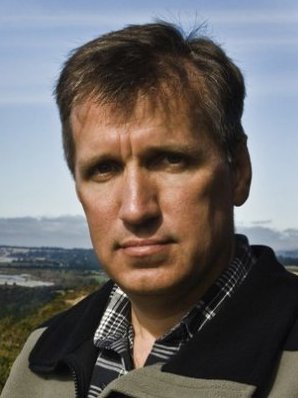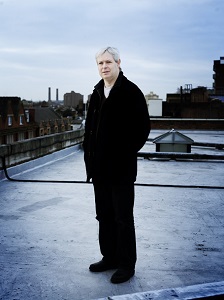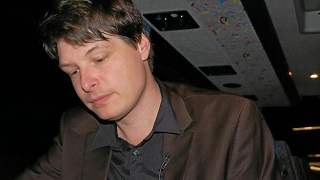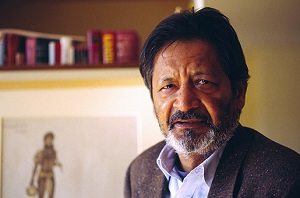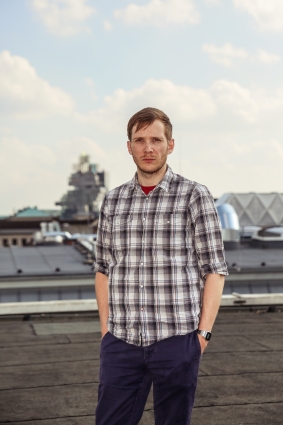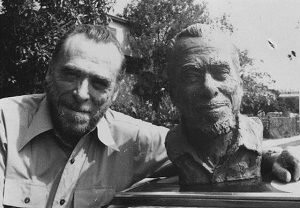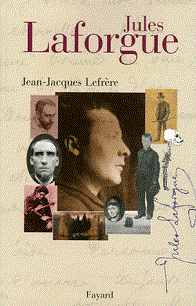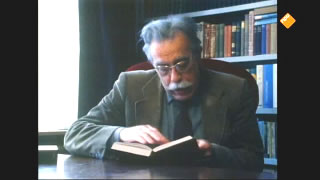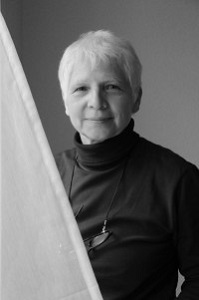De Nederlandse dichteres, schrijfster en vertaalster Anneke Brassinga werd geboren in Schaarsbergen op 20 augustus 1948. Zie ook alle tags voor Anneke Brassinga op dit blog.
Tedere nacht
Er komt een nacht
dat je liefhebt
niet wat mooi –
wat lelijk is.
Niet wat stijgt –
maar vallen moet.
Niet waar je helpen kan –
waar je hulpeloos bent.
Het is een tedere nacht
de nacht dat je liefhebt
wat liefde
niet redden kan.
Jongste dag
aarde is het plafond, vol bleke tastende
ranken. We waren ten slotte onder het gras
beland, om van hartstocht te verteren.
Hoor, hoe in den hogen grote koren blij opeens kwelen!
Stop met ijle vingers me de oren toe: wie
kan er boodschap hebben aan ons, die heimelijk
en traag in humus opgaan, zinnen strelend
van de diepste stof? Wij zullen opstaan
als gesteente, als een zee, een zwerfhond
of een wilde ui. Of als een zon
die bloedig alle zijnsgordijnen scheurend
ondergaat daarboven.
Verschiet te Rome
Ruïnes? Ik weet ze in mijn leven al.
Een weids terrein vol brokken, zelf gemaakt,
uit eigen grond gestampt. Maar avondgloed
te Rome, zachtvurige zonsravage regenboogbekroond
laat door geen glorieus verwoest bestaan
zich evenaren. Ik aanzie die wondere
ondergang, besef hoe mijne evenmin fataal
en keer op keer als voor het eerst zal zijn.
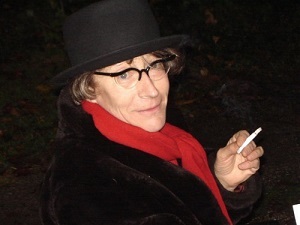
Anneke Brassinga (Schaarsbergen, 20 augustus 1948)

